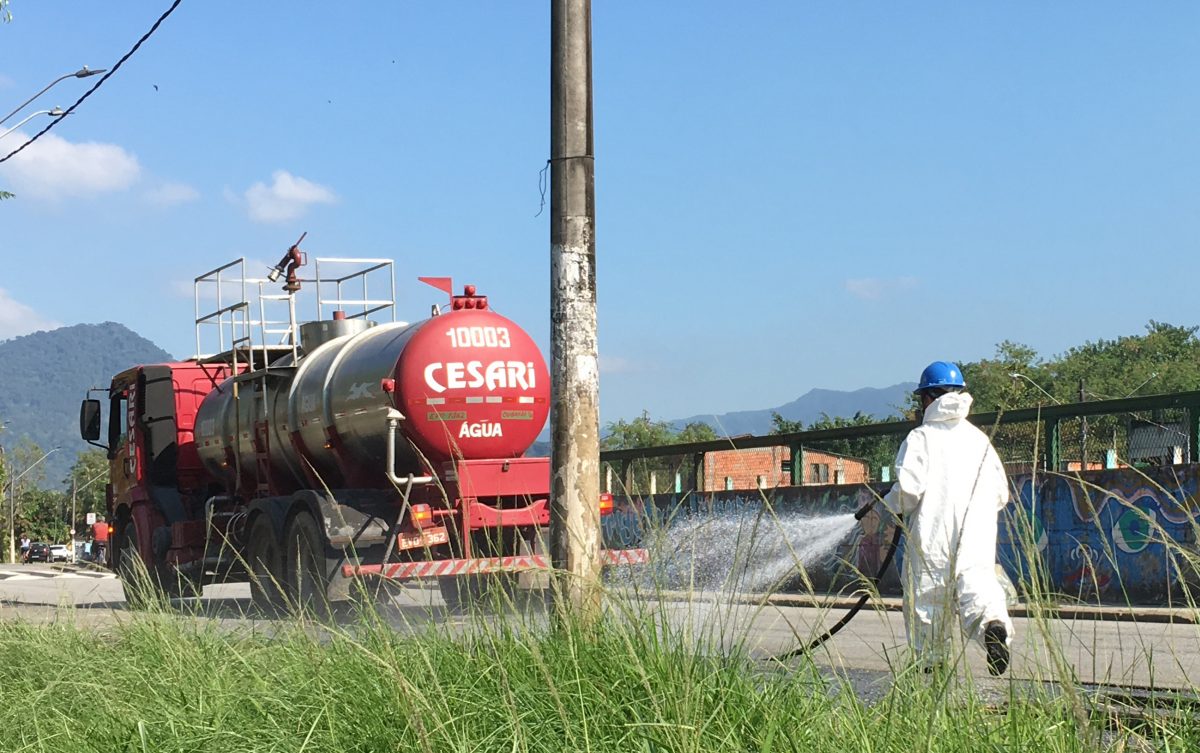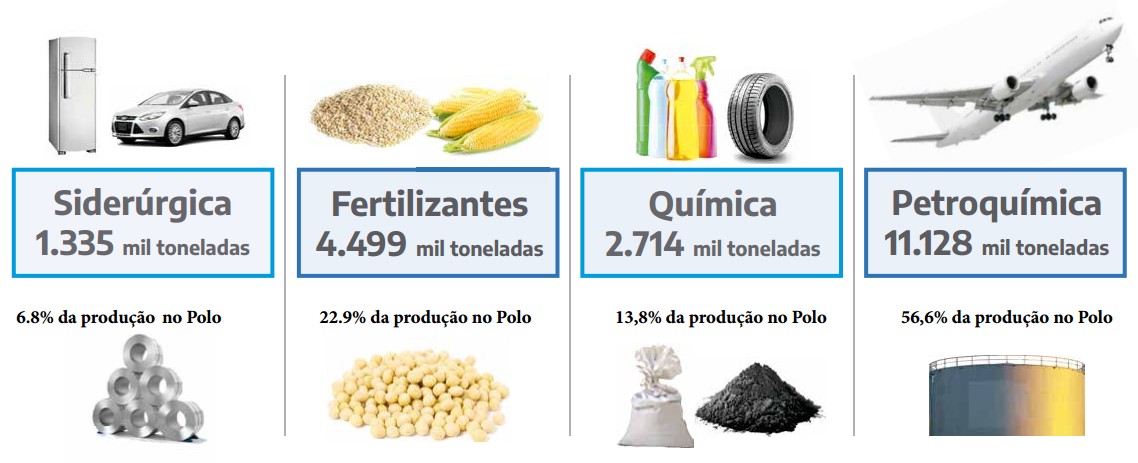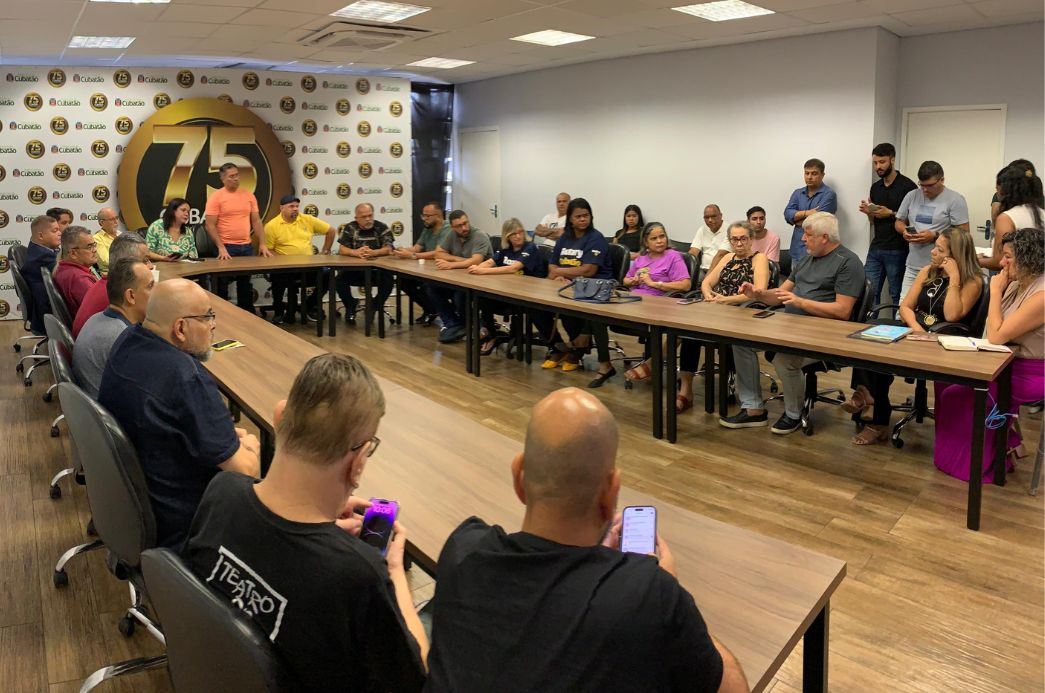Categoria: Sem categoria
Vila Esperança and Vila Natal receive disinfection on the main avenue
The main avenue of access to the neighborhoods Vila Esperança and Vila Natal received a disinfection action on the morning of last Saturday (4), in order to help prevent the spread of the new coronavirus (covid-19) by the residents.
The avenue, about 3 km long, holds the largest circulation of people from these communities and concentrates a large part of the businesses, in addition to serving as a space for holding free fairs.
Promoted by Cide, with the support of the Department of Maintenance and Public Services, the activity provided around 8 thousand liters of diluted sodium hypochlorite for cleaning the place, which were donated by Unipar and applied by Cesari, by means of a water truck. This product, when mixed with water, becomes bleach, which has effective agents for disinfecting surfaces that may contain the virus.
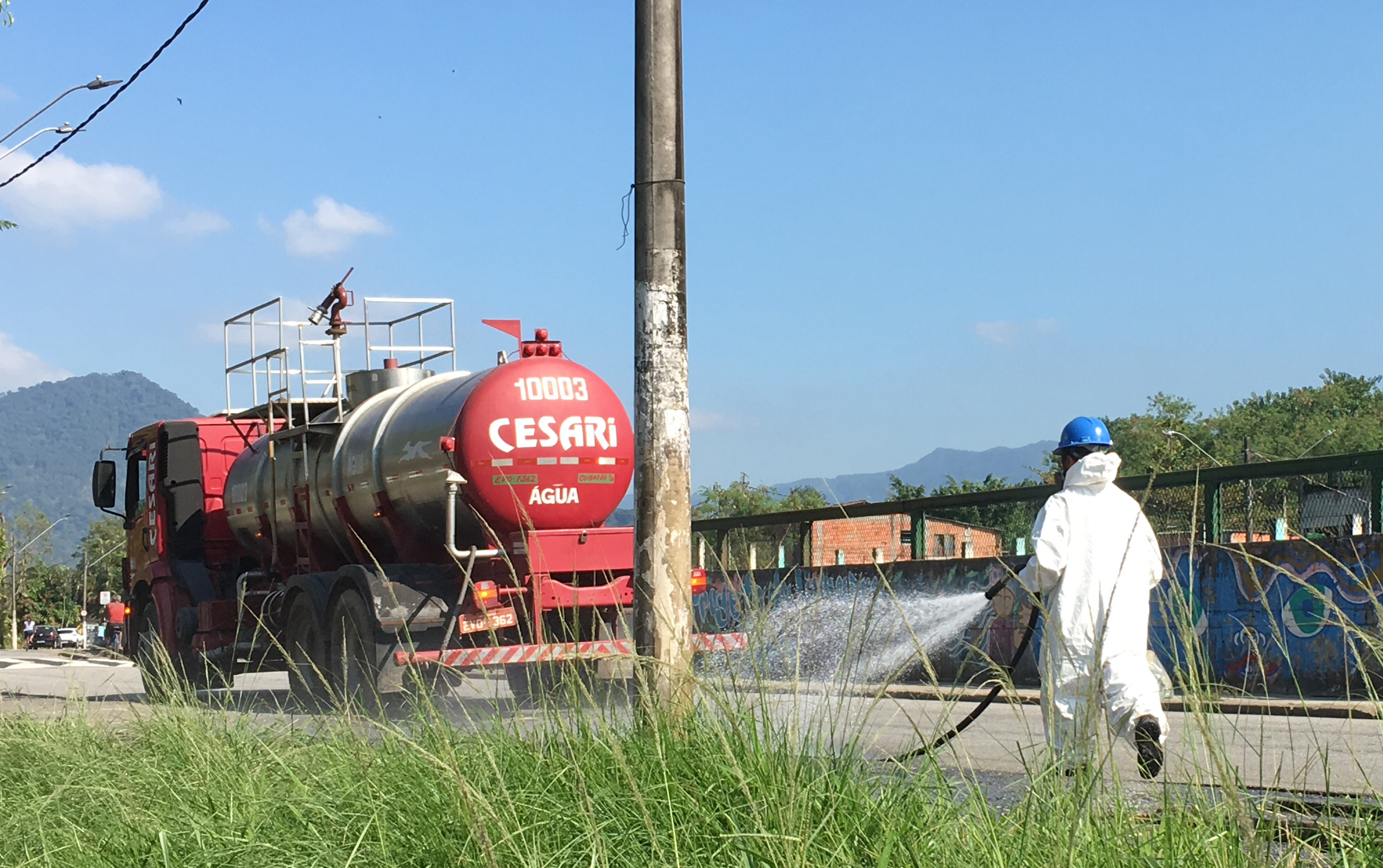
The Vila Esperança and Vila Natal communities are among those with the most people infected by the virus in Cubatão, according to data issued by the City Hall. The agency also considers Vila Esperança as one of the most populous neighborhoods in the city.
The disinfections, carried out by the City Hall and partnerships, have been in the city since March this year, a period in which the spread of covid-19 in the region began. The initiative has already covered other neighborhoods, such as Centro, Costa e Silva, Vila São José, Casqueiro, Caminho 2, Vila dos Pescadores and Bolsões 7, 8 and 9.
Operation Winter ends with good air quality results in Cubatão
Operation Winter ended on the 27th and recorded another year of good results and no critical episodes in Cubatão’s air quality during the winter. The balance was presented during the meeting held at Cide/Ciesp Cubatão, which brought together representatives of industries, the government and other institutions.
The initiative, promoted by Cetesb – Environmental Company of the State of São Paulo, is a joint action carried out every year by the industrial condominium industries, managed by Cide and supported by Ciesp Cubatão.
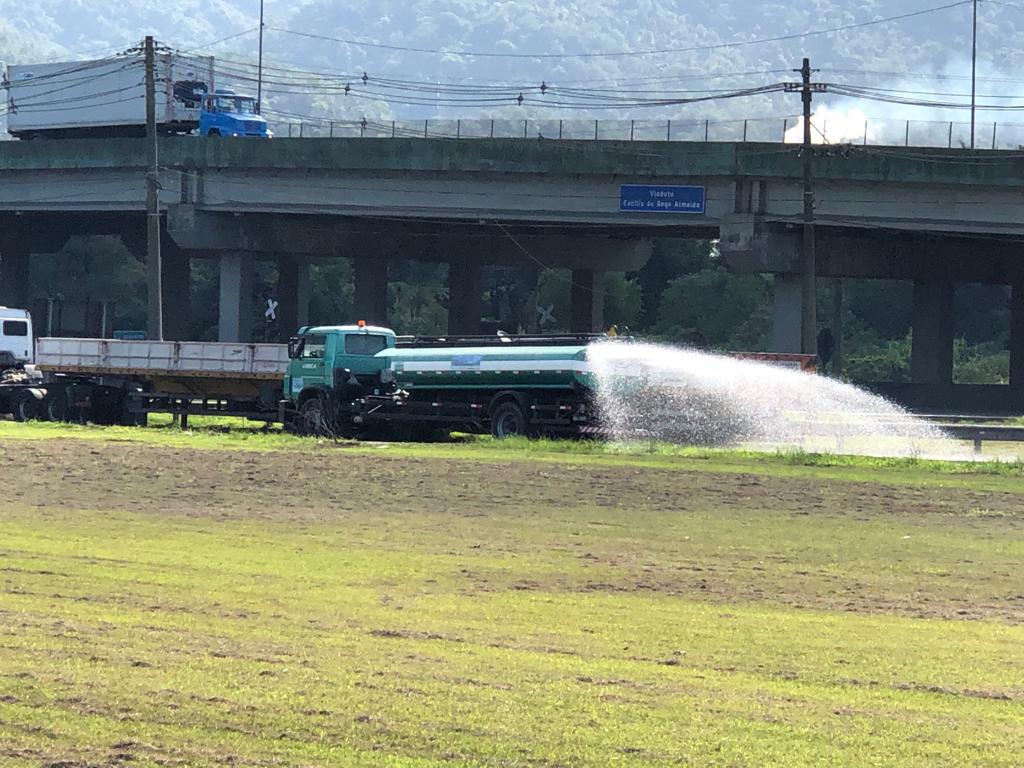
In its twenty-fourth edition, a preventive operation of monthly cleaning and daily wetting of the Polo’s external and internal roads during the months of May to September of this year – a period with greater climatic variations, such as lack of gloves, strong winds and thermal invasions.
Throughout the period, about 65,244 miles were driven daily by trucks and, on average, 120 thousand liters of reused water daily. Throughout the process, around 83 million tons of product waste, mostly land and garbage on roads, boulevards and parking lots, were collected.
Air quality indexes are monitored by three Cetesb measuring stations, located at the Industrial Pole and in the urban area of Cubatão, and are available on Cetesb’s website with hourly updated data every day of the week.
“The results achieved during these four months of operation were very satisfactory, with effective measures. We look forward to the continuation of these actions with the Polo companies and Cide / Ciesp Cubatão in 2020”, says Marcos Cipriano, Cetesb’s regional manager in the city.
For Valmir Ruiz, regional manager of Ciesp Cubatão, the expectation is to maintain the initiative with excellence in the Polo. “The operation was a success, as we operate in accordance with the indices established by Cetesb. The goal for next year is to remain with the Polo’s contribution to good air quality in the municipality and region”.
Caring for our planet to reap our future.
With the Cubatão Polo, Brazil grows

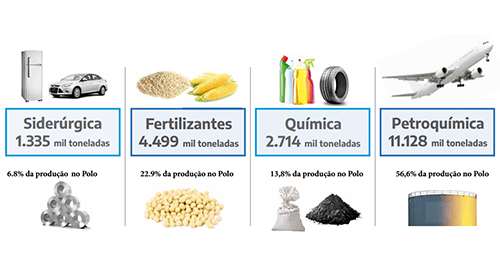
It’s growing up
Now with the expectation of resumption of the country’s growth and the trend of the increase in consumption, Polo is on the agenda of national and international investors. The numbers that indicate the resumption of industrial production are boosted in Cubatão by the initiatives of Cide/Ciesp increasing the expectation for the arrival of new investments.
Transformation industry
Among these actions are the approaches to the main commercial chambers of the world, installed in Brazil: the last visited was China, as well as others such as France, Spain and Japan. Through the presentation “11 reasons to settle in Cubatão”, the largest business groups in the world are being convinced of the benefits of setting up processing plants at the local Pole, where the large base industries are already generating the raw material needed for the transformation.
Cubatão “The Opportunity Factory”, also offers all the infrastructure and natural and technological resources, for the installation of these new ventures.
Skilled labor force
Polo also has a skilled workforce available and the city offers continuous training. In the last month, for example, 165 workers graduated from the safety and occupational medicine course offered free of charge in a partnership between Cide/Ciesp Cubatão and the Secretariat of Employment and Sustainable Development.
Among other formations available, it is worth highlighting the Senai figures, presented in the last annual report of the Cubatão Industrial Pole: 338 enrollments in industrial learning courses; 1.979 for initial and continuing school training; 2.451 for initial and continuing training company and 325 technicians. All the service providers of the Polo industries use the register of PAT professionals in Cubatão for selective processes.
Many products that supply the Brazilian market, such as aviation gasoline, have 100% of the production here and another ten of them have an essential participation in the national supply.
- 53% nitric acid;
- Concentrated nitric acids;
- Benzene;
- Calcined petroleum coke;
- Fine of calcined petroleum coke;
- Aviation gasoline;
- Ammonium nitrate – fertilizer grade and technical grade;
- Aromatic residue;
- Anhydrous Soda.
In addition to aviation gasoline, the production of fertilizers, lubricants, dyes, detergents and pharmaceuticals, depends on the products manufactured exclusively in the Polo Cubatão.
Strategic for the resumption of growth and international reference, in basic industry, Polo adds five major sectors: petrochemical, chemical, steel, fertilizers and logistics.
Taxes collected US$ 371 million
Statements US$ 290 million;
Federal US$50 million;
Municipalities US$ 31 million.
Equivalent to:
29,907 popular houses;
690 standard schools;
641 Basic Health Units.
Source: Acontece newspaper
Cubatão discusses technology park
Town hall committee created after suggestions from trade unionists debate proposals to support industry and new jobs
Trade unionists defend the creation of mechanisms that make permanent the guarantee of labor supply for the Industrial Pole of Cubatão. They should be part of the project to create a technology and job creation park in the city recently discussed by the Permanent Committee on Industry, Commerce, Employment, Labor and Income of the town hall.
The committee was presided over by Deputy Antonio Vieira da Silva, Toninho Vieira (PSDB), and the committee came from proposals from the vice president of the Union of Construction Workers, Luiz Carlos de Andrade, and the president of the Chemical Industry Workers’ Union, Hebert Passos Filho.
The park would stimulate socioeconomic development, with more conditions to generate employment and income, attract new companies to the City and encourage entrepreneurship and local productive arrangements, with research and development.
Passos believes that the resumption of economic growth and employment in the region is due to the strengthening of large companies. For Andrade, the Development Council of Baixada Santista (Condesb) should give better support to the generation of jobs in the region.
Andrade suggests the creation of an Economic Development Center or a Technological Park in the same way as in Londrina (PR), Campinas (SP) and São José dos Campos (SP). Among the initiatives recommended by the trade unions are the preparation of labor and the promotion of businesses related to technology and digital innovation. “It is also necessary that the Municipality qualifies to receive resources from the State and the Union to qualify workers, it hasn’t been happening”, says Luiz Carlos de Andrade.
Support to the Pole
The executive manager of the Center for Integration and Development (Cide) and regional manager of the Center of Industries of the State of São Paulo (Ciesp) in Cubatão, Valmir Ruiz, assures that Cubatão’s industries are integrated with community movements in search of the attraction of investments to expand industrial activities and job creation. “This is what establishes Agenda 21, an instrument of the community that had the industry in its formulation base”, he points out.
In addition to joining the proposed creation of the park, Cide already brings together large associated companies in the base segment in an Industrial Condominium in Cubatão, responsible for high quality raw materials.
“Cide is a strategic center that integrates industries, Public Power, community and other bodies in support of the sustainable development of Industrial Pole of Cubatão and the city as a whole, including support to the PAT – Job Assistance Station in the generation of jobs” explains.
Still, according to Ruiz, Cide already develops, in support of the City Hall, the attraction of entrepreneurs interested in deploying transformation industries in areas still free.
This contribution is confirmed by the municipal secretary for Employment and Sustainable Development, Marcos do Espírito Santo. In the year, the balance of workers employed by PAT in the industrial maintenance stops has been higher than that of layoffs. In these activities, the companies give priority to workers residing in Cubatão and other municipalities of the Baixada Santista.
The deputy Toninho Vieira said that the group of workers will have new meetings to broaden the discussion of the topic.
Source: A Tribuna Newspaper
Read too 5
test test

